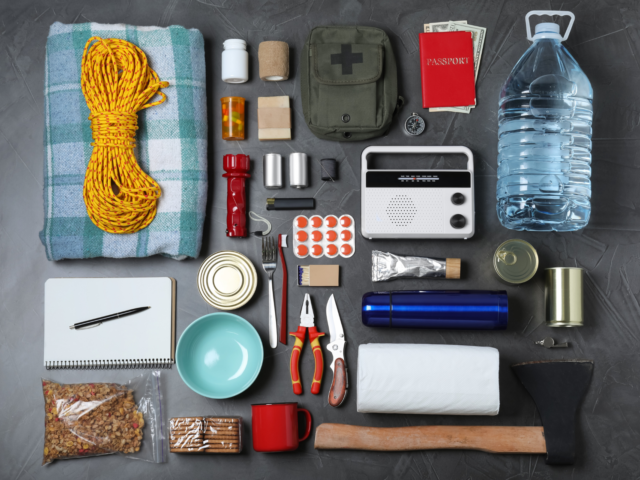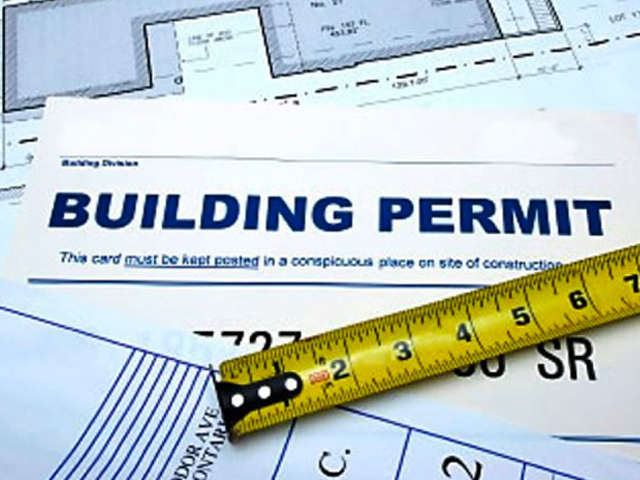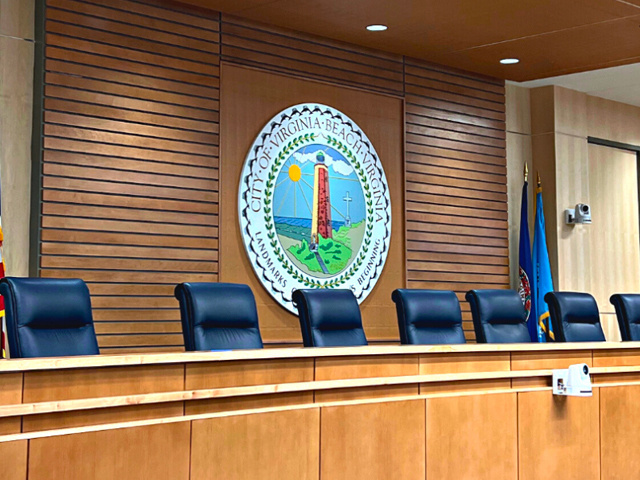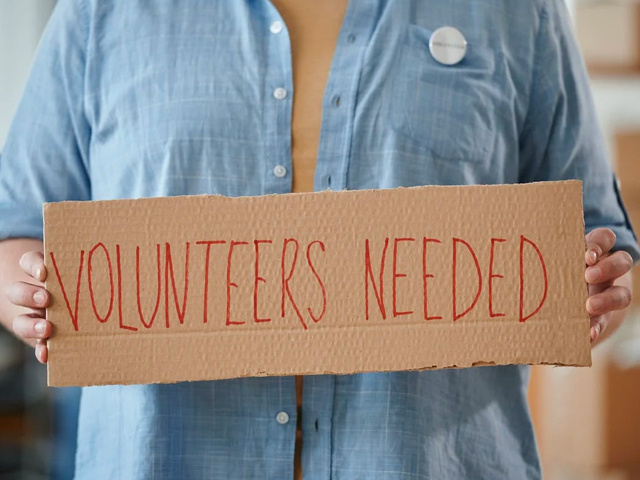Be In The Know
September 14, 2022
September Is National Preparedness Month
Are you ready?

The old adage of "hoping for the best but preparing for the worst" is how everyone should all approach emergency preparedness and now is a great time to ensure your household is prepared for an emergency.
Preparing for emergencies isn't as hard as it may sound. Evaluate what you need to do to protect your home, family or business now, before a potential threat is even in the forecast with these three simple steps.
- Build a kit
- Make a plan
- Stay informed
Build a kit that will help you and your family get through a disaster and sustain you for at least several days in the event you lose electricity or running water. Source a large, waterproof container that can safely store the following items:
- Three-day supply of water - 1 gallon per person, per day
- Three-day supply of non-perishable food
- NOAA Weather Radio or battery-powered/hand crank radio with an NOAA Weather Band to get weather warnings directly from the National Weather Service
- Flashlight
- First aid kit
- Extra batteries for all devices in your kit
- Whistle to signal for help
- Mask for each person (to help filter contaminated air and to be COVID-safe, particularly if you have to go to a shelter.)
- Plastic sheeting and duct tape to shelter in place
- Moist towelettes, garbage bags and plastic ties for personal sanitation
- Wrench or pliers to turn off utilities
- Manual can opener for food
- Local maps (GPS may not be available)
- Three days of all prescription medications for all household members
If you can, consider adding the following as well:
- Soap, hand sanitizer and disinfecting wipes to clean surfaces
- Nonprescription medications such as pain relievers, anti-diarrhea medication, antacids or laxatives
- Prescription eyeglasses and contact lens solution
- Infant formula, bottles, diapers, wipes and diaper rash cream
- Pet food, extra water and any medications needed for your pet
- Cash or traveler's checks
- Important family documents such as copies of insurance policies, identification and bank account records, driver's licenses, passports, etc. It would be a good idea to have them saved electronically and stored on an off-site cloud storage option as well.
- Sleeping bag or warm blanket for each person
- Complete change of clothing appropriate for your climate and sturdy shoes
- Fire extinguisher
- Matches in a waterproof container
- Feminine supplies and personal hygiene items
- Mess kits, paper cups, plates, paper towels and plastic utensils
- Paper and pencil
- Books, games, puzzles or other activities for children
Don't wait until a threat is imminent to develop a plan
- Know your flood zone. Is your home in a flood-prone area? What is your evacuation zone? How are flood zones and evacuation zones different?
- Preplan your evacuation route accordingly. Determine now where you will go. Map it out and share it with your family so they are in the know.
- A family communication plan is essential. Identify a trusted individual who lives outside the local area as a family contact and make sure everyone knows how to get in touch with them. Create a family text group for emergency communications and sharing updates.
- Consider creating a smart911 profile for the members of your household.
- Make sure you're covered. Review your insurance policies (flood, auto, home, renters, etc.) and ensure that it's up-to-date and that damage or loss from different disasters like snowstorms, hurricanes and tornados will be covered.
- Create a checklist to help you remember steps you can take to strengthen and prep your home. Your list might contain items like:
- o Secure outdoor furniture, grill, etc. (so they don't become projectiles in high winds)
- o Prune large, overgrown tree branches that are too close to your home.
- o Ensure that leaves have been cleaned from gutters so they don't clog storm drains.
Finally, stay informed. Know what to expect before, during and after a disaster. Here are several good sources of updated and accurate information:
- Register to receive emergency text messages, email alerts and warnings on your mobile devices via VBAlert.
- Log on to the City's website, for the latest news and information.
- The city's VBTV channels: Cox Cable 46, 47 & 48 and Verizon cable 45, 46 & 47 will display emergency information including city operational status and facilities closure notices.
- Follow the City's social media sites: Facebook.com/cityofvabeach and Twitter.com/cityofvabeach
- Contact Citizen Services: 311 or 385-3111 will provide current operating conditions and facility closures; do not call 911 unless you have an emergency.
- Get the latest weather information from the National Weather Service at weather.gov.
- Monitor local news radio stations.
- Tune in to local television stations: WTKR TV-3, WAVY TV-10 and WVEC TV13.
For more information, visit Ready.gov and for information specific to tropical storms, check out this article on Hurricane Prep 101.











